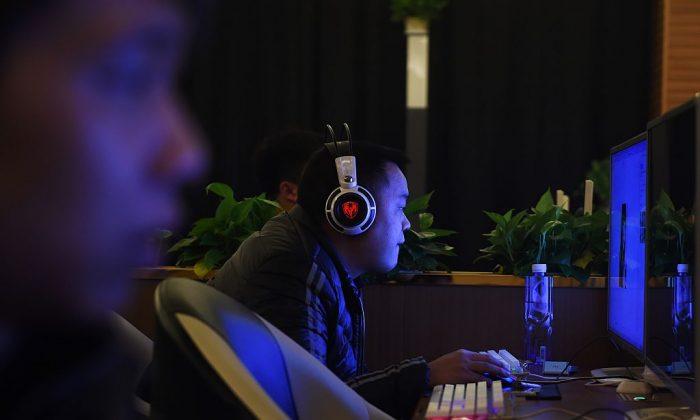The Chinese regime has continued to tighten its grip over the country’s internet by closing down hundreds of websites and thousands of apps, and singling out internet giant Tencent Holdings’s news app for spreading “vulgar content.”
The move formed part of the cyberspace police’s six-month campaign launched in the new year to purge “vulgar information” from the internet.
Tencent’s news app, Tiantian Kuaibao, which translates to “quick daily news,” was called out for spreading “vulgar and low-brow information that was harmful and damaging to the internet ecosystem,” and ordered to make changes. The agency did not provide specific examples of offensive content.
The agency also criticized Huaban, a photo-sharing social network, for having “serious ecosystem problems.” Huaban’s webpage currently displays a notice, saying its online service had been temporarily taken down for upgrades.
The cyber watchdog periodically announces its actions to censor the web. In December 2018, the cyber watchdog wiped 110,000 social media accounts for spreading what it said was harmful information.
Internet Control
The Chinese regime in recent years has ramped up its efforts to control the internet, as the communist regime seeks to clamp down on dissenting voices on the country’s bustling social media scene.China’s internet search giants Baidu Inc. and Sohu.com were also ordered in early January to suspend a range of news services.
But it is not only the country’s domestic internet that is heavily restricted; the regime also has been tightening its reins on social media activity outside of its Great Firewall. The Great Firewall refers to China’s internet censorship apparatus that includes blockading foreign websites and censoring content deemed undesirable by the Chinese Communist Party.





